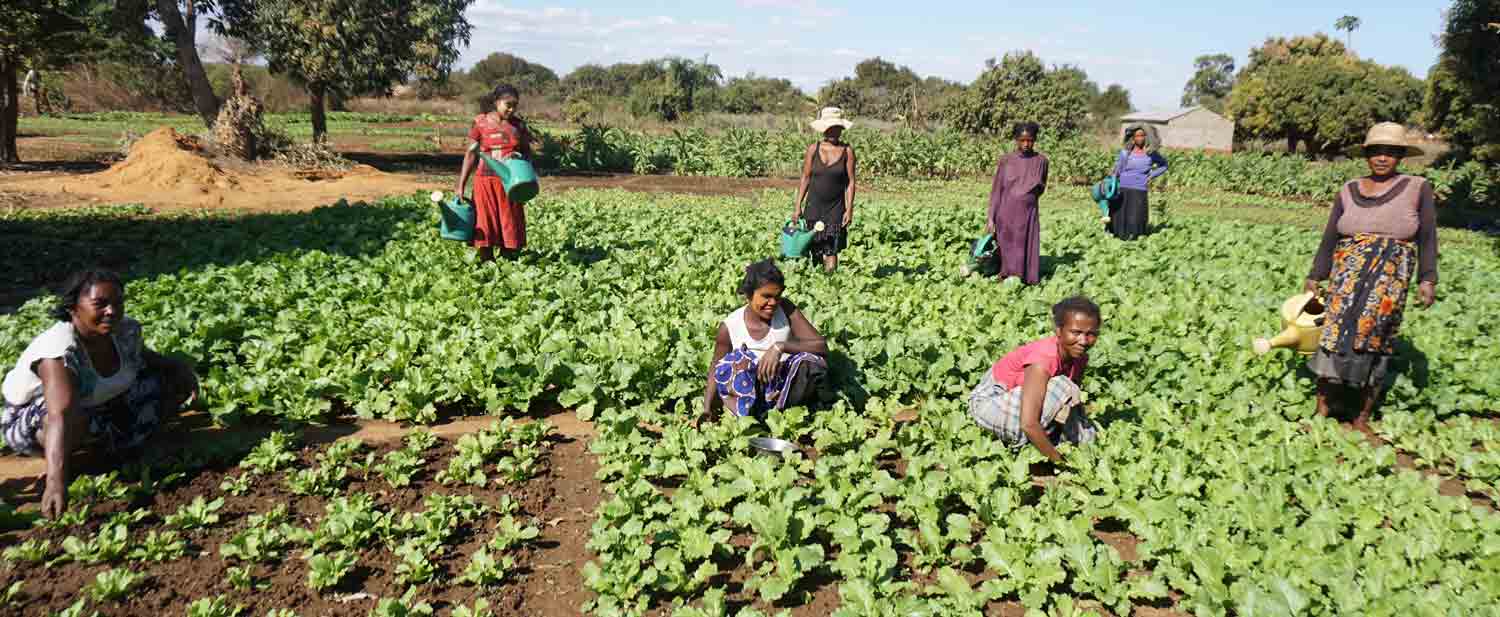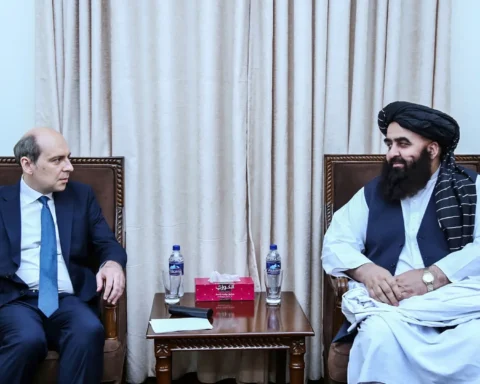The United States has announced a significant investment of over $80 million aimed at enhancing agricultural output in three southern African nations:
Zambia, Malawi, and Tanzania. This initiative is part of a broader commitment under the Feed the Future program, which has now reached a total of $577 million in financial support for the region.
Samantha Power, the administrator of the U.S. Agency for International Development (USAID), highlighted the importance of these countries in addressing regional food security. In a statement released Thursday, Power emphasized the potential of smallholder farmers in these nations, noting their access to fertile arable land and the capacity to increase agricultural yields with targeted assistance.
The selection of Zambia, Malawi, and Tanzania for this funding reflects the United States’ strategic approach to international development. Power indicated that the agency is focusing on countries demonstrating political will to reform and invest in agriculture. “We are looking for places where meaningful changes in resource allocation are evident, which will enhance food production,” she said.
In alignment with this goal, the senior policy adviser at the State Department mentioned ongoing efforts to synchronize and expand investments with credible agricultural plans. These investments aim to transform these countries into regional breadbaskets, capable of supplying food not only locally but also to neighboring nations facing food shortages.
As part of this initiative, USAID aims to bolster the capacities of smallholder farmers, providing them with the necessary tools, training, and resources to optimize their agricultural practices. This support is expected to contribute to increased food production, improved livelihoods, and enhanced food security across the region.
The United States has long recognized the critical role that agriculture plays in economic development, particularly in sub-Saharan Africa, where a significant portion of the population relies on agriculture for their livelihoods. By investing in these key sectors, the U.S. hopes to not only strengthen local economies but also address broader issues related to hunger and malnutrition.
Read More; Tanzanian Government Enhance Clean Cooking Initiative
The commitment of over $80 million signifies a renewed focus on agricultural development in southern Africa, with the potential to create sustainable food systems that benefit millions.







You are a very capable individual!